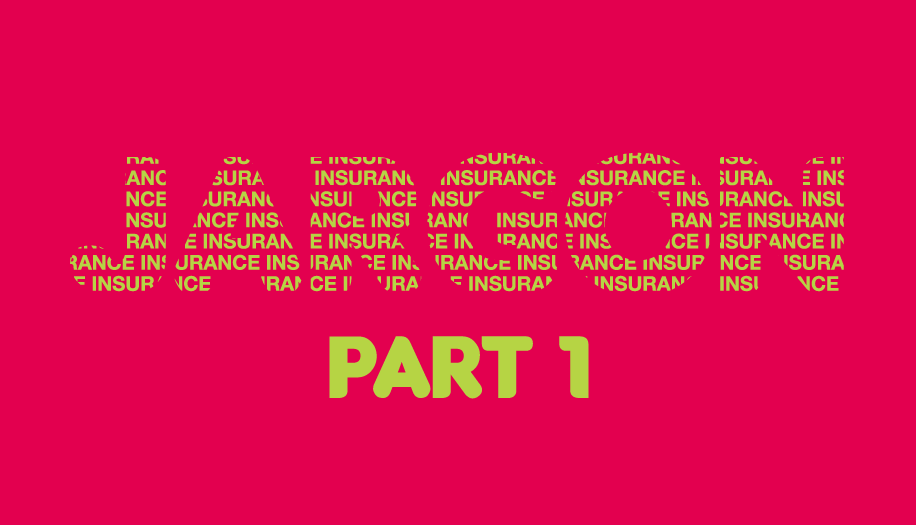
Life Insurance Demysti-fi-ed
Insurance is difficult. We understand. Insurance is filled with various jargon and terminology which make it difficult to understand what you have signed up for.
In this series of articles, we will explain and decode some of these confusing Insurance terms.
Little by little, let’s demystify life insurance and make it a little less scary and a lot clearer.
Disclaimer: All insurance policies have different definitions, terms and wording. The definitions below may not apply to your policy. Please read your policy in detail and refer to your insurer / insurance agent for clarifications.
1. Policy
The policy is a legal contract between you and the insurer. As a minimum, it should contain:
- your insurance cover,
- the terms and conditions, and
- how to make a claim under your policy.
Your policy is binding - Your insurance will pay you based on what is written inside the policy, not what your agent or financial planner tells you. So make sure that every benefit you are entitled to is written down inside the policy. If in doubt, ask your insurer to tell you where you can find the wording.
What should you look out for?
- Product Disclosure Sheet - The PDS contains essential information about the policy, so you can compare between different insurance products.
- Exclusions - Make sure you know what your policy doesn’t cover.
- Fees - Be clear what fees are charged by the insurer and agent.
2. Insured & Policy Owner
When you purchase a life insurance policy, it will usually cover your life, and you are in charge of amending or cancelling the policy.
In a different scenario, imagine you are getting a mortgage. You bank insists that you purchase a Mortgage Term Assurance (a type of life insurance). Once all the paperwork is completed, you will be the Insured party (or Life Assured). This means that if you pass away, the insurance policy will pay out a lump sum.
However, the bank providing the mortgage will usually become the Policy Owner (or Policyholder). The Policy Owner has certain rights - for example, they can name the nominees for the policy or transfer ownership to someone else.
Hence, it is important to know who is the Insured and who is the Policy Owner for your existing policies. Remember that the policy only pays out based on the Insured; while only the Policy Owner can change or cancel the policy.
If you have an existing policy, you can usually change the Policy Owner by completing a form. Please contact your insurer/agent for more details.
3. Insurance Premium
You pay insurance premiums to your insurance company for your policy. Premiums are very flexible:
- You can pay monthly, yearly, or somewhere in between.
- Premiums can fixed, or increasing, or decreasing during the policy.
- Premiums can be paid all upfront, over several years, or throughout the entire policy term.
Your premium covers:
- Cost of Insurance,
- Fees, and
- Investments (if you are buying a whole-life or investment-linked policy
We’ll dive more deeply into these categories in a future article.
Your policy remains in force (active) as long as you pay your premiums on time and in full. Your insurer would usually provide a grace period if you miss your premiums, and after a certain period of non-payment, your policy becomes lapsed (cancelled).
Next time, we’ll discuss the benefits you are entitled to when you purchase a life insurance policy. Any questions, comments or corrections? Write to us at hello@fi.life and we will try our best to address your enquiries.
